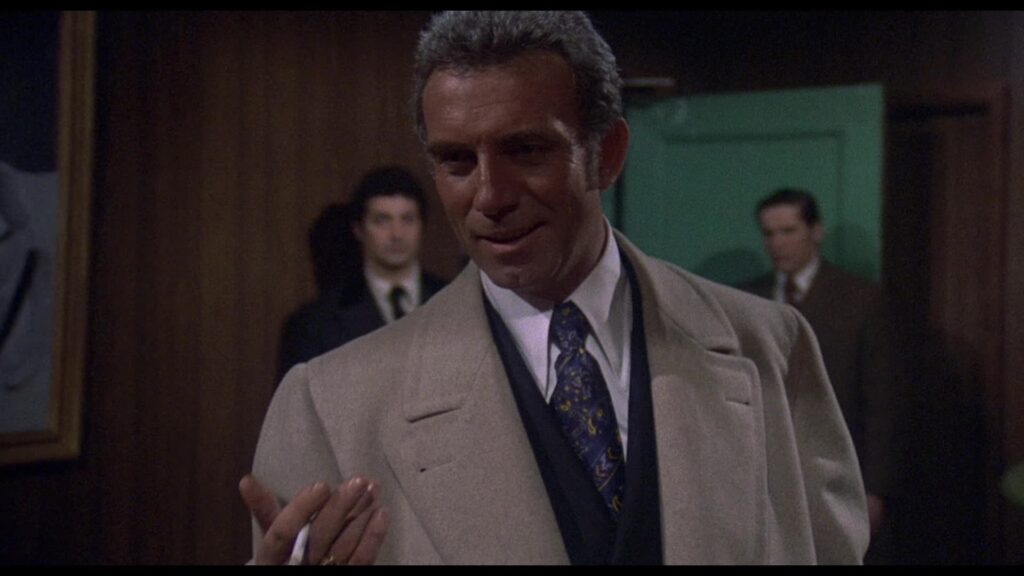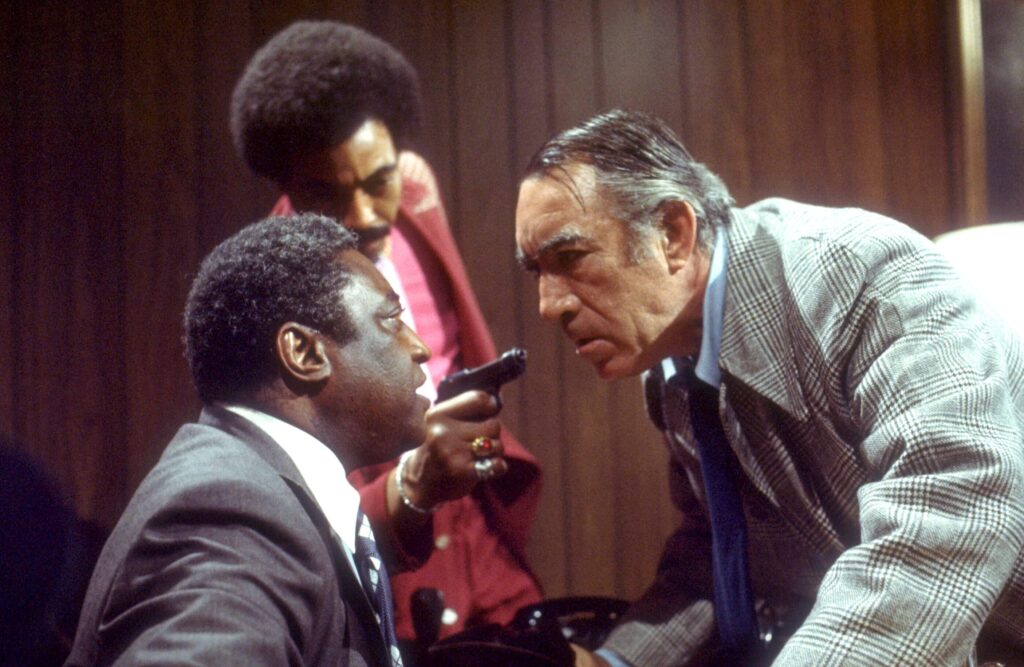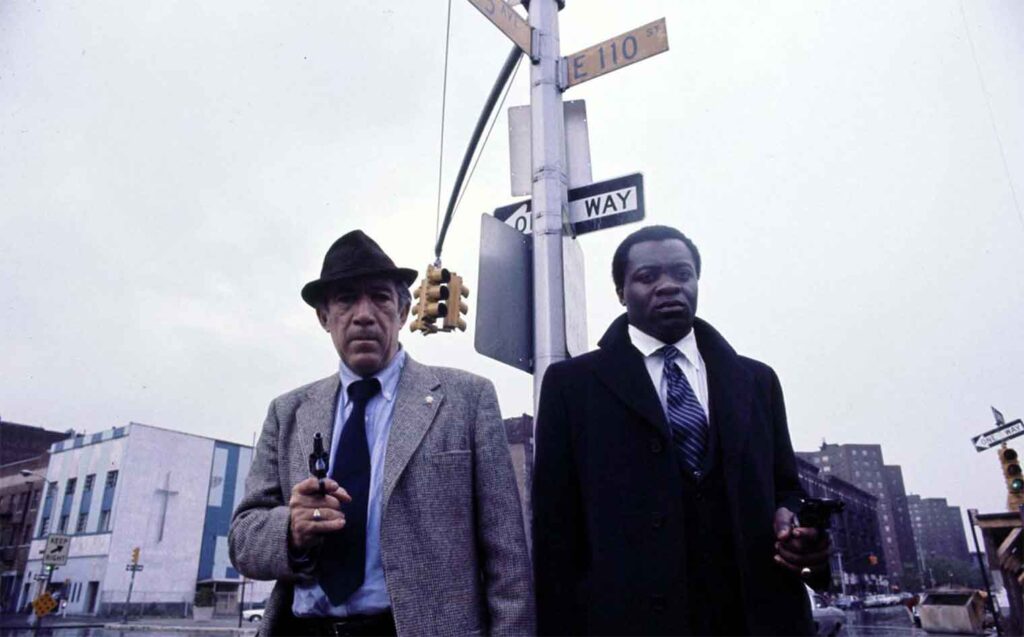“Across 110th Street” is a noir styled crime thriller set amidst the racial chaos of New York City in the Post Civil Rights era. Director Barry Shear weaves sharp cuts and shots amidst total carnage. Released in 1972, it’s an early entry into the style embodied in similar flicks decades later.
I learned that 110th Street is the specific boundary dividing Harlem from Central Park. Off the record, it serves as a division between white and black existence in New York City. White vs Black. Black vs Black. Racism. Ageism. Classism. All facets are integral points to the plot itself and all rear their ugly heads as the story unfolds.
The fodder for an excellent film
Lieutenant William Pope (Yaphet Kotto) teams up with Captain Frank Mattelli (Anthony Quinn) to investigate after two black criminals rob a mafia-controlled hideout. The pair learn to coexist despite vast differences in their age, race, and method of doing things. Pope and Mattelli are racing the clock to locate the robbers before ruthless mobster Anthony Franciosa (Nick D’Salvio) gets to them.
The bulk of the screen time goes to Kotto and Quinn who both come off as traditional old school movie stars. Yaphet Kotto is recognizable from the television series “Homicide: Life on the Street,” which I need to check out. Anthony Quinn (also known as Manuel Antonio Rodolfo Quinn Oaxaca) was a Hollywood star from the 1930s-1990s. An Academy Award winner, Quinn appeared in cinema titans “Zorba the Greek,” “Lawrence of Arabia” and “Requiem for a Heavyweight” to name a few.

Nick D’Salvio is amazing as a mobster that would fit in the “Goodfellas” universe. I also enjoyed Richard Ward who plays Doc Johnson, the leader of black organized crime in Harlem. Ward has a gravelly voice and calm demeanor that give off a perfect swag attitude. The great Burt Young makes a (brief) appearance too.
“Across 110th Street” depicts inner city life in the immediacy after the Civil Rights turmoil of the late ’60s. We see a divided Harlem, both physically by the pavement of the street and internally within its residents. The explosive opening sequence shows the dirty alleys, concrete jungle, and a then unobtrusive skyline. Funky music scores the production from beginning to end.
Short but Slow
Despite the gripping opening scenes, the run time of 102 minutes still plods. There’s plenty of carnage and violence, although I found most of it unintentionally cartoonish. One of the robbers brandishes a “machine gun” which looks like a squirt gun and, if not for the sound and barbaric kill count every time he uses it, I would think it wasn’t real.

I laughed out loud several times when its employed and blood and bodies flail. Overall, the violence is more comically amateur than serious, and I don’t think that was the intention.
“Across 110th Street” is a good film to watch for historical context and submersion into yesteryear New York.

Download the JustWatch App for the best place to find “Across 110th Street”


